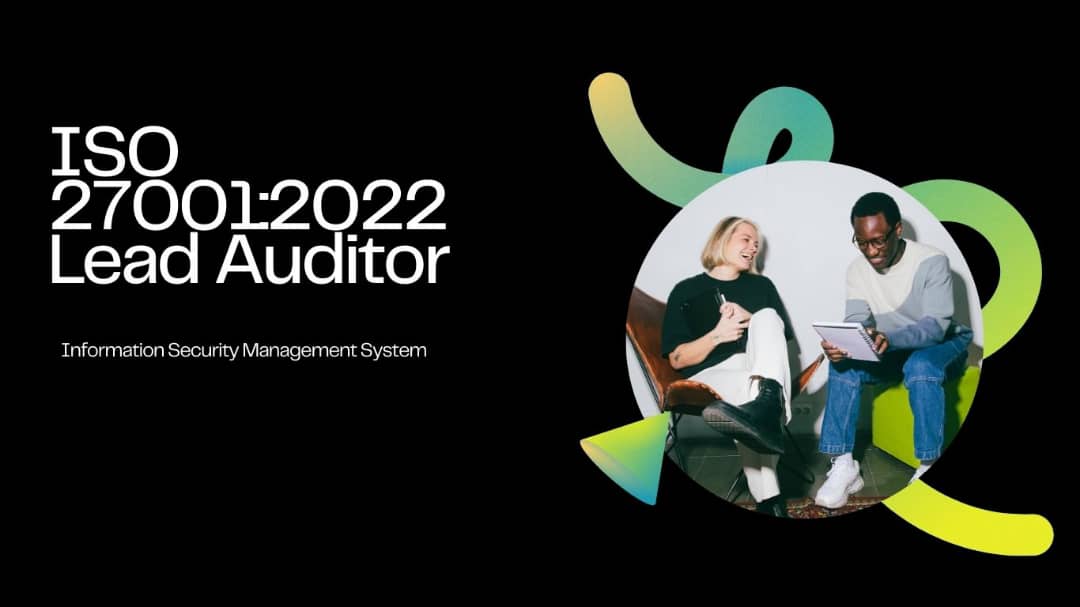ISO 27001:2022 (Lead Auditor)
ISO/IEC 27001 provides requirements for organizations seeking to establish, implement, maintain and continually improve an information security management system. This framework serves as a guideline towards continually reviewing the safety of your information, which will exemplify reliability and add value to services of your organization.
Objectives
The primary objective of ISO 27001:2022 is to provide a framework for establishing, implementing, maintaining, and continually improving an Information Security Management System (ISMS) within an organization.
At the end of this course, delegates will be able to demonstrate achievement of the course learning objectives, which include:
- Protecting confidentiality, integrity, and availability of information assets
- Managing information security risks systematically
- Ensuring compliance with relevant laws, regulations, and contractual requirements
- Providing a framework for incident management and response
- Demonstrating commitment to information security to stakeholders
- Continually improving the ISMS to meet evolving security threats and business needs


